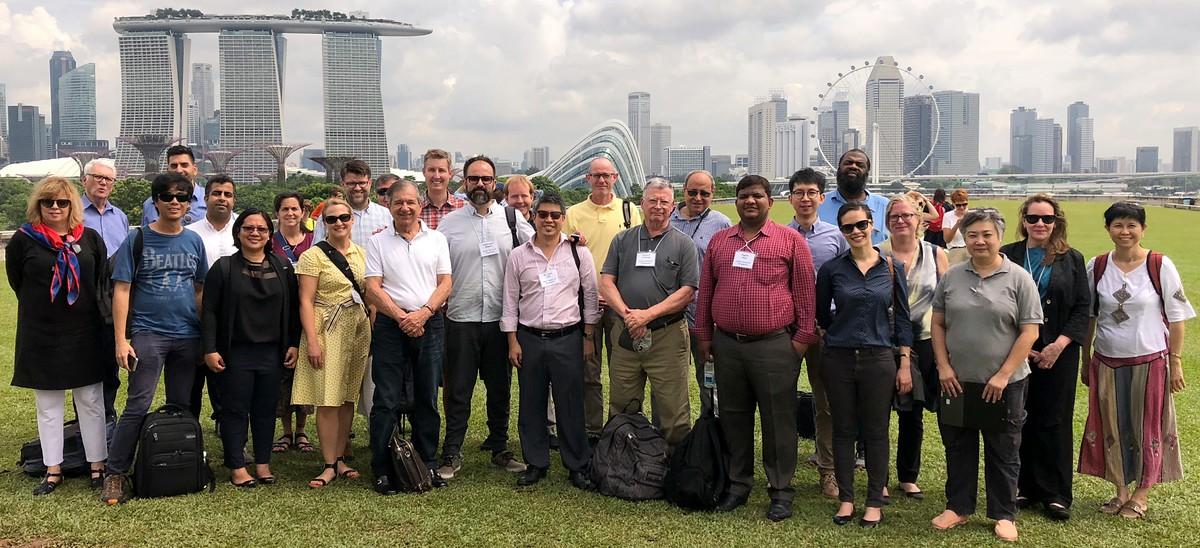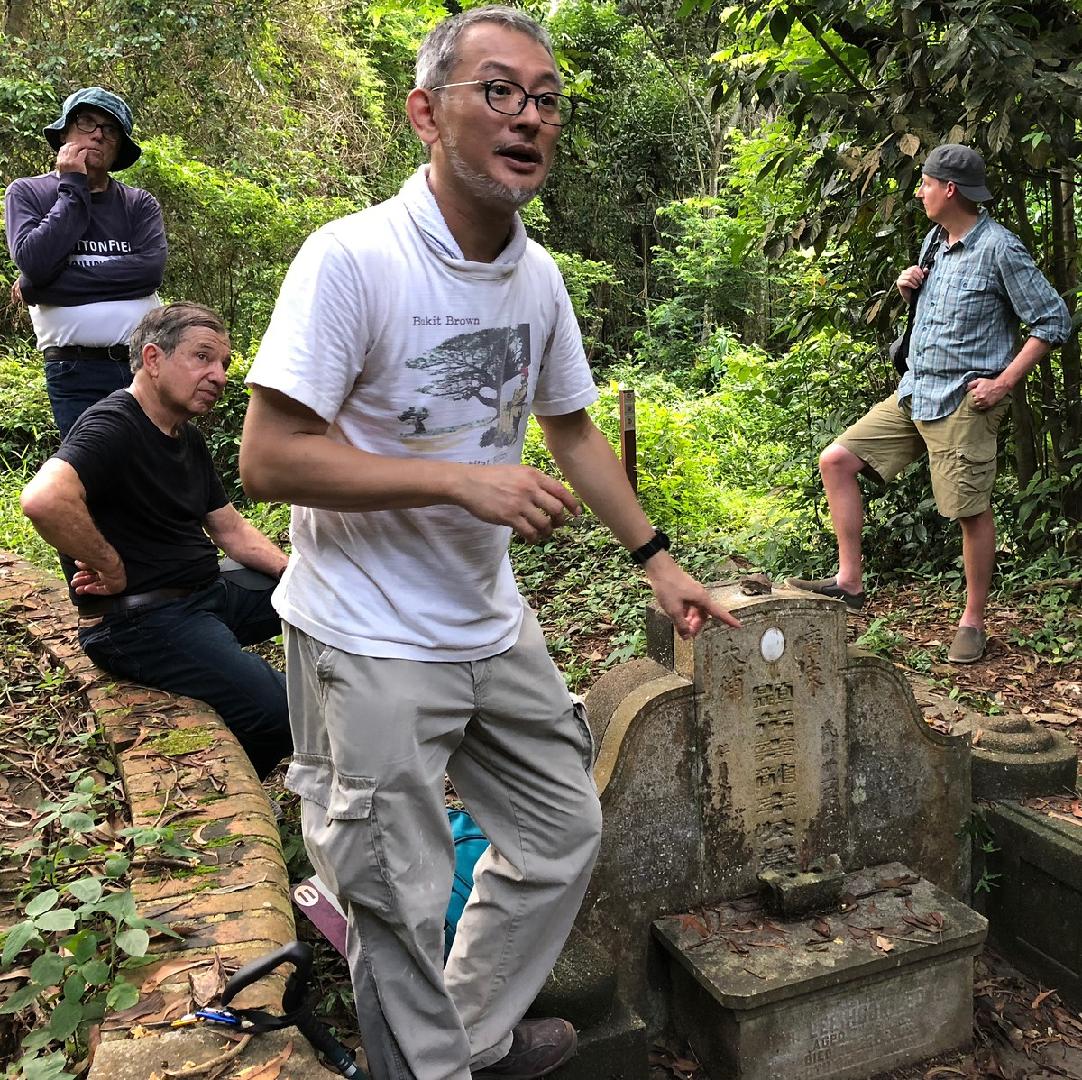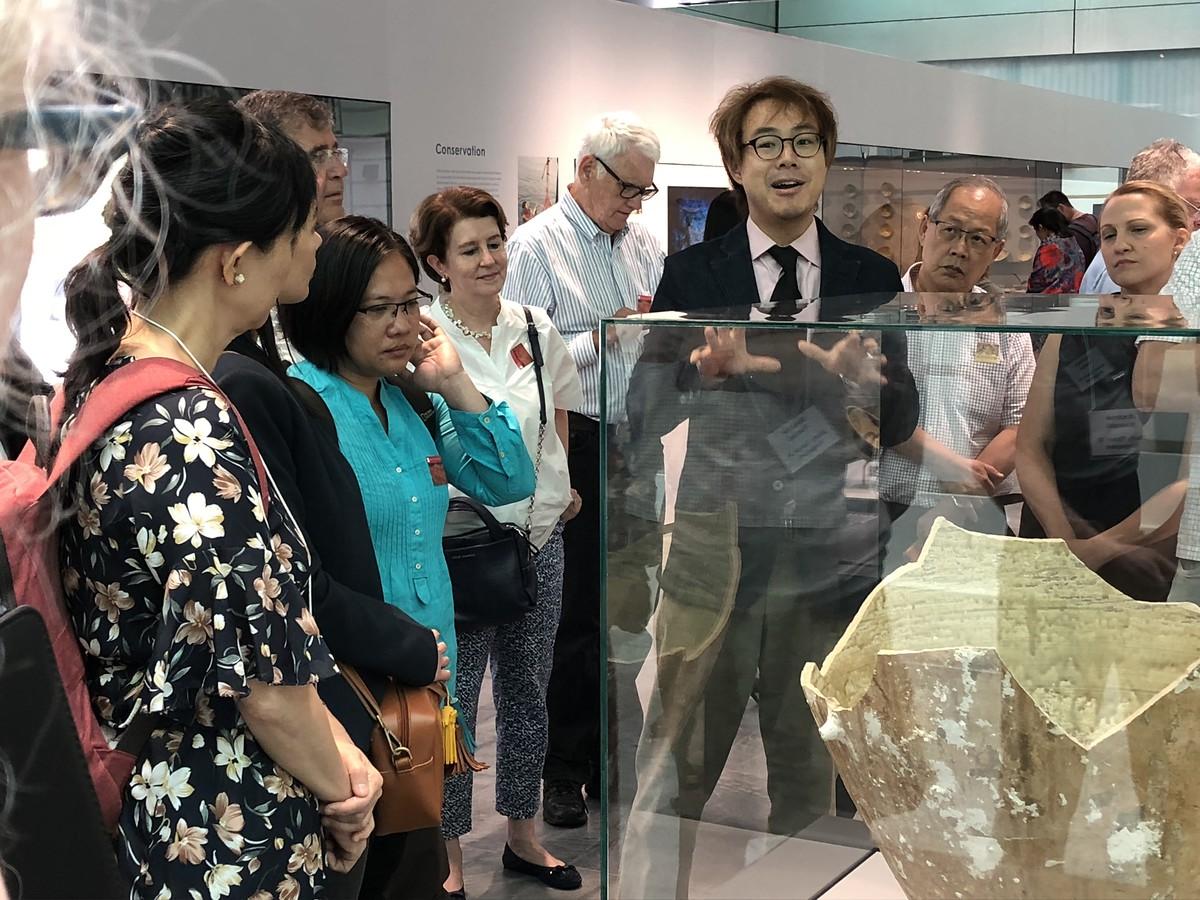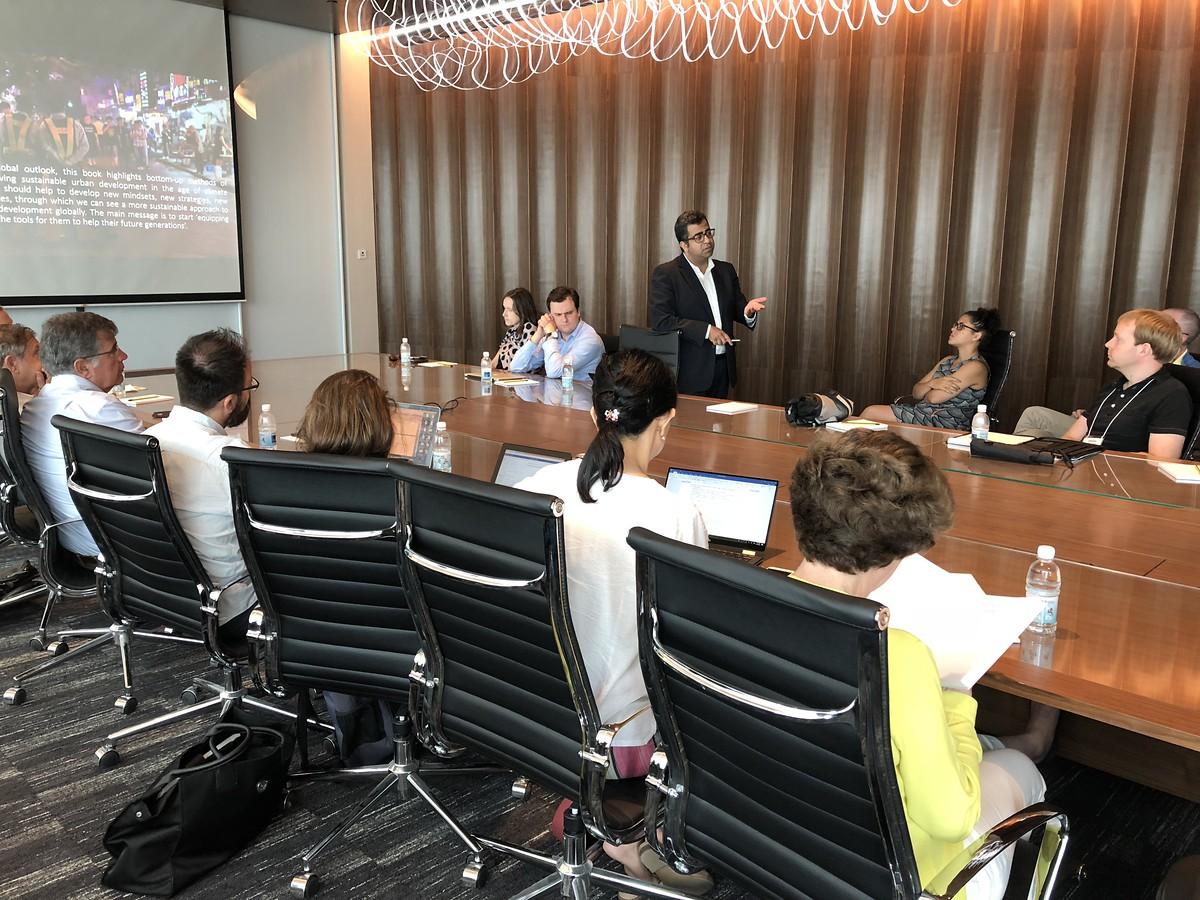Event reports
In the early 1960s, Singapore faced a series of challenges namely poor living conditions, high unemployment rate, water pollution, high traffic congestion, overcrowding and inadequate infrastructure. Since then and under the government leadership, the city-state has proactively intervened in the market, set ambitious long-term goals and formulated pragmatic development plans. These urbanisation issues have been highly improved via effective and efficient implementation of concrete policy measures. In a study trip from June 17-22, over 35 participants from the US, Brazil, Europe, South and Southeast Asia drew lessons from Singapore upon the following themes:
1) Urban Planning
The first day started with a visit to the Urban Redevelopment Authority, which is responsible for land use planning in Singapore. Mr Kelvin Ang, Director of Conservation Management, spoke about Singapore’s rationale and policies on urban planning, stressing careful design of the city due to its small size, scarce land resources and high expectations from citizens. A guided tour in the Singapore City Gallery inside the Authority centre offered insights into the city state’s latest development plan on underground spaces.
2) Heritage Conservation
Mr Lim Chen Sian, Associate Fellow of the Archaeology Unit at the ISEAS–Yusof Ishak Institute presented challenges of protecting heritage in Singapore. 85% of the archaeological work was development-driven over the past decade. Despite lack of specific planning policies, guidelines and regulations, the civil society has actively been engaging in the archaeological undertaking. On four separate days, participants conducted field visits to historical sites in Singapore including the Telok Ayer Historic Area, the Bukit Brown Cemetery, the Kampung Gelam as well as the Botanic Garden to learn about the cultural heritage and greenspace preservation of the city-state.
3) Water Management
In the visit to the Marina Barrage, Mr Noorazman Noorain, General Manager of this government-commissioned dam talked about the government’s efforts in ensuring water sustainability in Singapore. The water agency seeks to manage water demand and increase water supply via maximising rainwater collection, purifying used water and desalinating seawater.
Besides these activities, participants seized the opportunity to share their research work and practical experience in the climate change and energy field. In particular, climate change policies in Hong Kong, China, Germany, India and the Philippines were discussed in-depth. A collection of each participant’s reports to reflect on the study trip will be published later this year.







